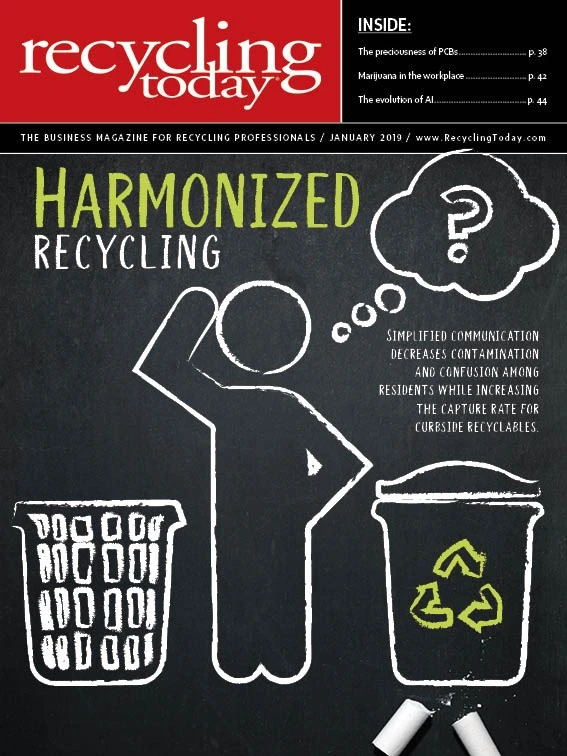A plastics scrap trader based in the Midwest stresses the need for cautiousness as the calendar flips into 2019.
The trader, who deals primarily in industrial thermoplastics scrap, describes generation as good; however, he expresses concern that the economy might slow in the near future.
“If the economy slows down, retail and production will slow down,” the broker says. “It’s fine for now, but I’m cautious.”
“People are starting to be a little cautious in their purchasing.” – a plastics scrap broker based in the Midwest
He adds that he’s not the only one being cautious and that he thinks more scrap supply is available on the market as of mid-December as a result.
“People are starting to be a little cautious in their purchasing,” the broker says.
He also points to the declining stock market and the ongoing trade war with China as other factors that have contributed to his cautious approach to business.

He characterizes the current international trade environment as “very fluid” and fraught with barriers. “One week compared with the week before can be very different.”
The broker mentions changing import regulations affecting plastic scrap shipments to Southeast Asian countries as well as issues with availability on shipping lines and escalating costs as factors that are further complicating business.
“It’s very hard to get a booking” on shipping lines, the trader says, adding that it has gone from taking 15 minutes to days.
“You can’t operate like you did 10 years ago.” – a plastics scrap broker based in the Midwest
The broker says he has been shipping material to Hong Kong, which might in turn be transshipped into China, and to Taiwan. But he says he is only handling scrap grades that he knows he will be able to move. “I am selective in what I deal with. I buy inventory I can move and do not take too many chances on stuff.”
He says he’s purchasing polycarbonate, acrylonitrile butadiene styrene (ABS) and other forms of engineering grade scrap “that always move.” He’s also buying and selling styrene, some types of nylon and acrylics. “I’m trying to be more selective and opportunistic, especially when they are in smaller lots.”
The broker adds, “You can’t operate like you did 10 years ago.”
He continues, “We have to keep reinventing ourselves on the run. It is what it is. I can’t cry about it.”

Explore the January 2019 Issue
Check out more from this issue and find your next story to read.
Latest from Recycling Today
- ReMA opposes European efforts seeking export restrictions for recyclables
- Fresh Perspective: Raj Bagaria
- Saica announces plans for second US site
- Update: Novelis produces first aluminum coil made fully from recycled end-of-life automotive scrap
- Aimplas doubles online course offerings
- Radius to be acquired by Toyota subsidiary
- Algoma EAF to start in April
- Erema sees strong demand for high-volume PET systems






